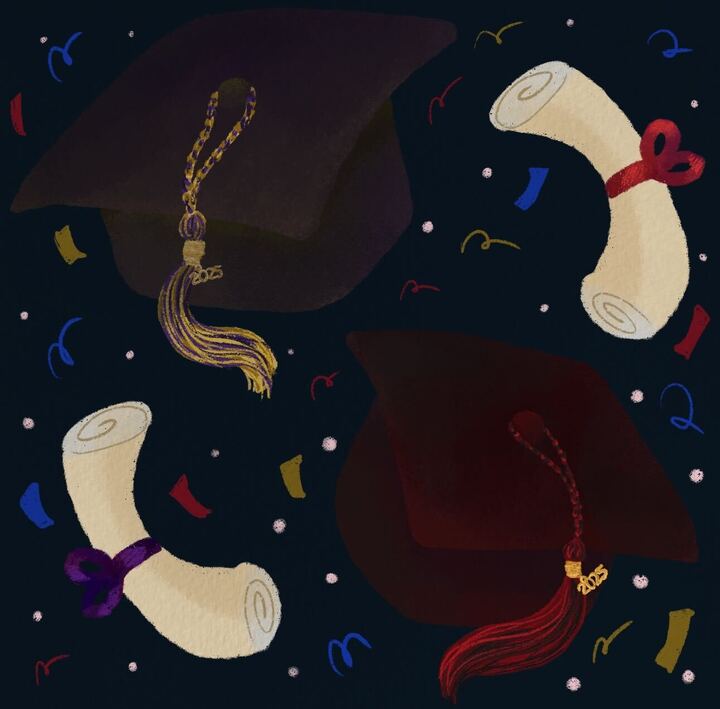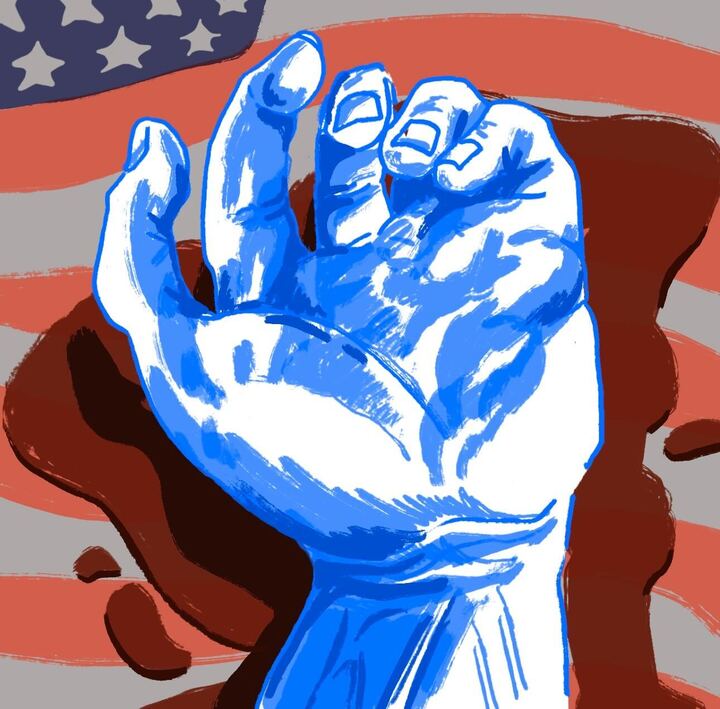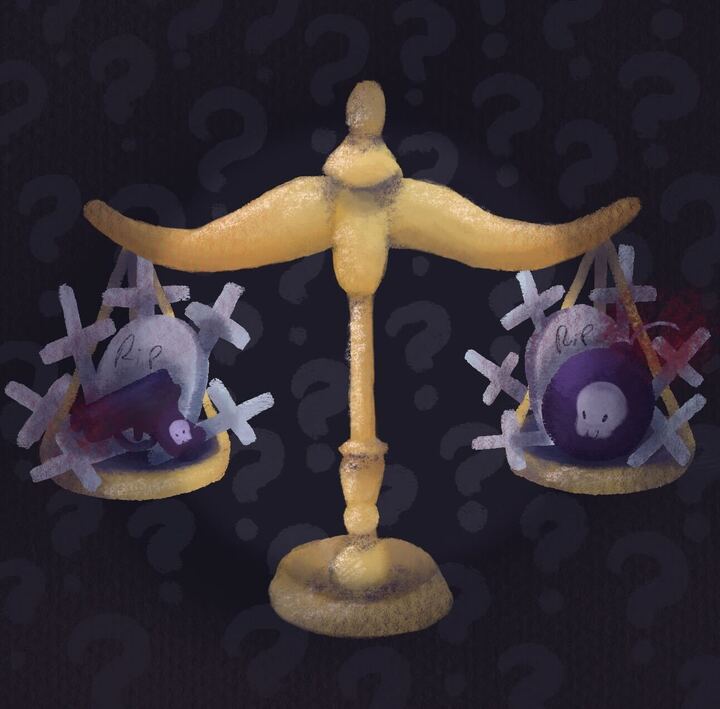By Ryan Fonseca
The world watched for weeks as the people of Egypt stood together against their longtime president Hosni Mubarak and prevailed in ousting him from power.
We’ve learned a lot of lessons watching these events unfold, but the one that resonates loudest is this: Tweets are more powerful than a Molotov cocktail.
Following the events in Egypt fervently and intrigued by the way social media has influenced the events there, I did a real-time Twitter search for Tahrir Square, where millions of protesters stood in defiance of Mubarak and celebrated his ultimate fall from power.
I had to go through 30 pages just to cover the first hour of Tweets with that hashtag. Many were written in Arabic, while others gave digital support for the revolutionaries’ efforts.
Before this rash of uprisings, protests in many Middle Eastern countries have been rare or short-lived and Egypt’s youth needed a crash course. So they turned to the Internet, where a plethora of revolutionary tips were available, many coming from the recently victorious Tunisian protesters. In large part, social media was the gust of wind that accelerated the wildfire of revolution.
We use the words social media a lot these days, especially in journalism. It’s seen as the future of our industry, but an unclear future.
Everyone’s still gazing longingly for that next powerful medium but it’s right in front of them – it’s tweets and smart phones, it’s picture messaging and status updates, and the ability to tell the world what is happening right now. They don’t have to buy a paper, turn on the TV or browse through a news website. It comes straight to them on their chosen social media platform.
When the people of Egypt took to the streets in protest, they used Twitter and Facebook to organize and inform. The Egyptian government arrested journalists, silenced news bureaus and even shut down the Internet for a time, but even that couldn’t inhibit the movement. A few weeks later the people of Egypt stood triumphant.
The question is would they have gotten Mubarak to give up power without social media?
“These forms of social communication (…) have extended the voices of those without a public voice in Egypt through cyberspace,” said Melissa Wall, a CSUN professor who specializes in citizen journalism and international news. “They can hear each other and we, outside the country can hear them now too. The revolution could have happened without social media, but I’m not sure it would have.”
We’ve seen what one determined, brave and Internet-savvy generation of Egyptians can do and it has inspired other nation’s discontented citizens to grab their banners, update their status and write a different future for themselves.





